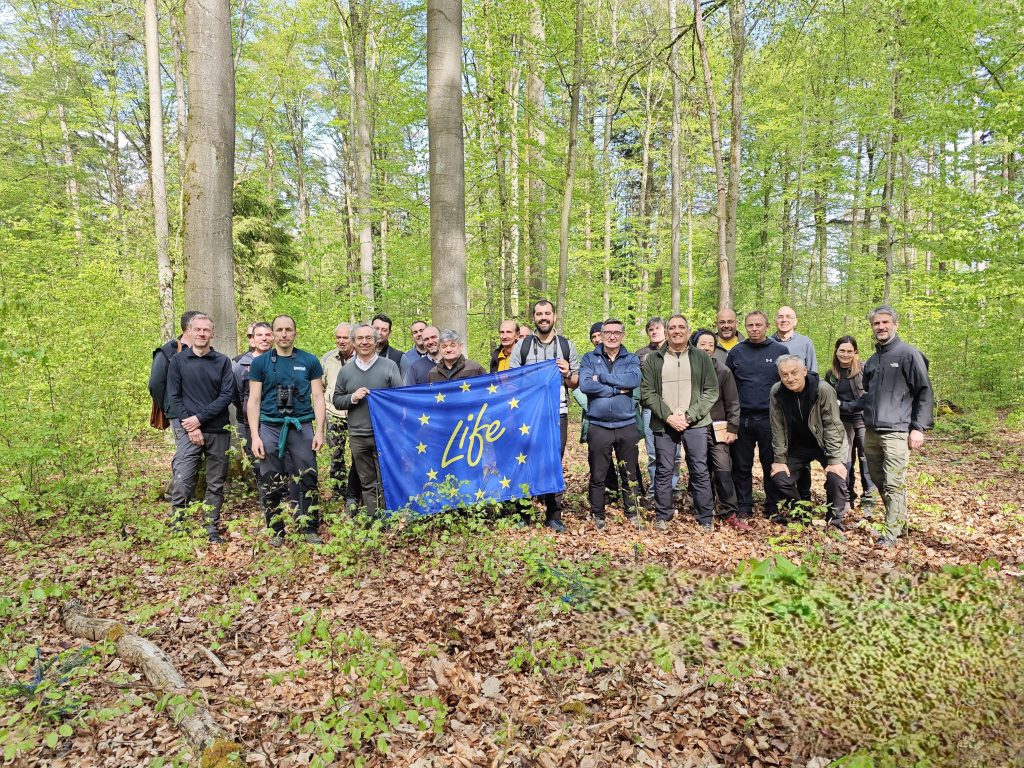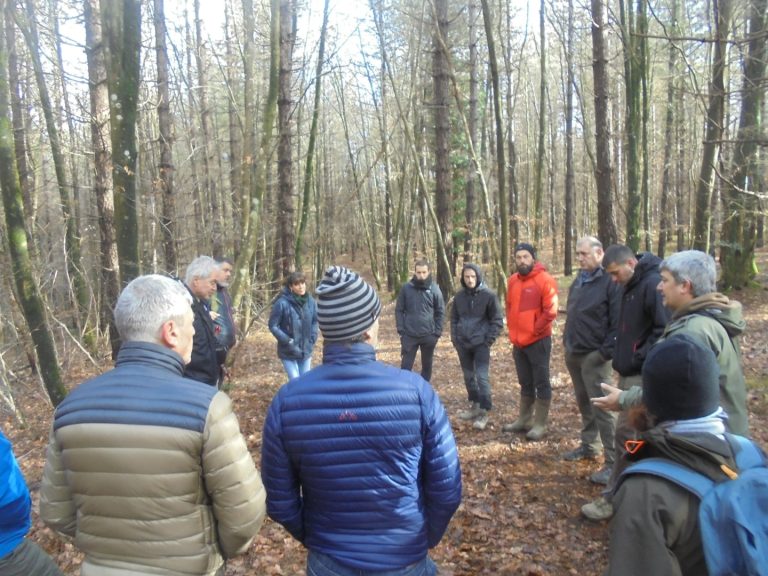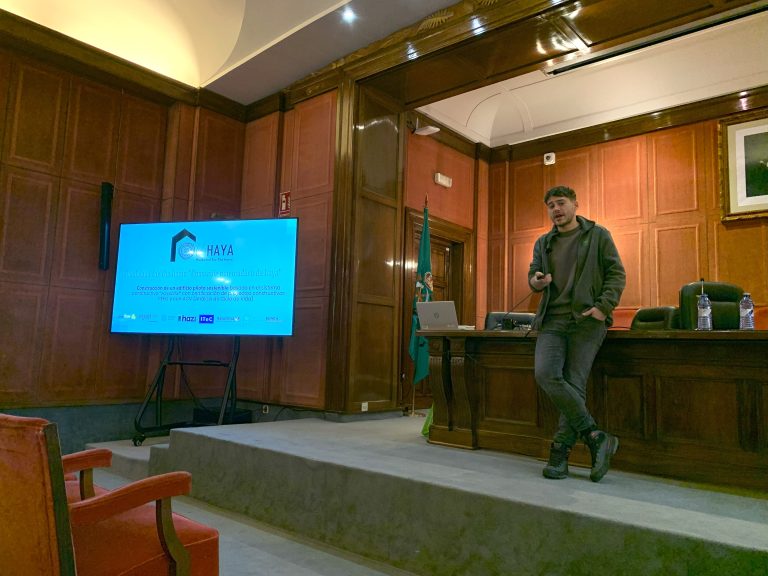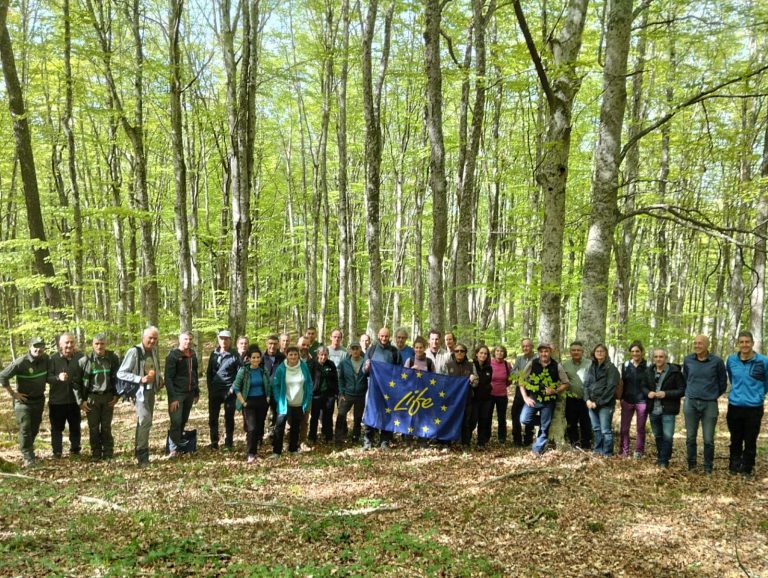A technical delegation of the Life HAYA project visited Germany to learn about forest management models and hardwood processing.
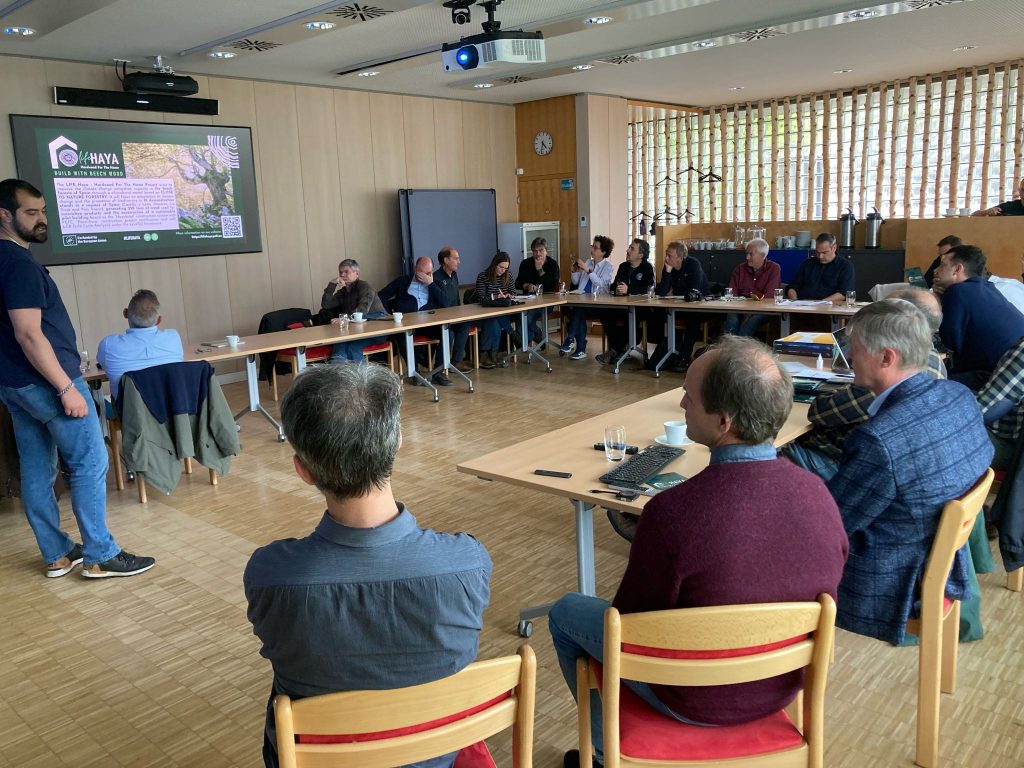
From 24 to 28 April 2025, a delegation of 23 professionals from the Spanish forestry sector travelled to Bavaria (Germany) to learn in situ about good practices in the sustainable management of hardwood forests, particularly in small forest properties. This technical visit, framed within the activities of the LIFE HAYA project, was organised by the Cesefor Foundation and Maderas Gámiz, in collaboration with Bavarian forestry entities.
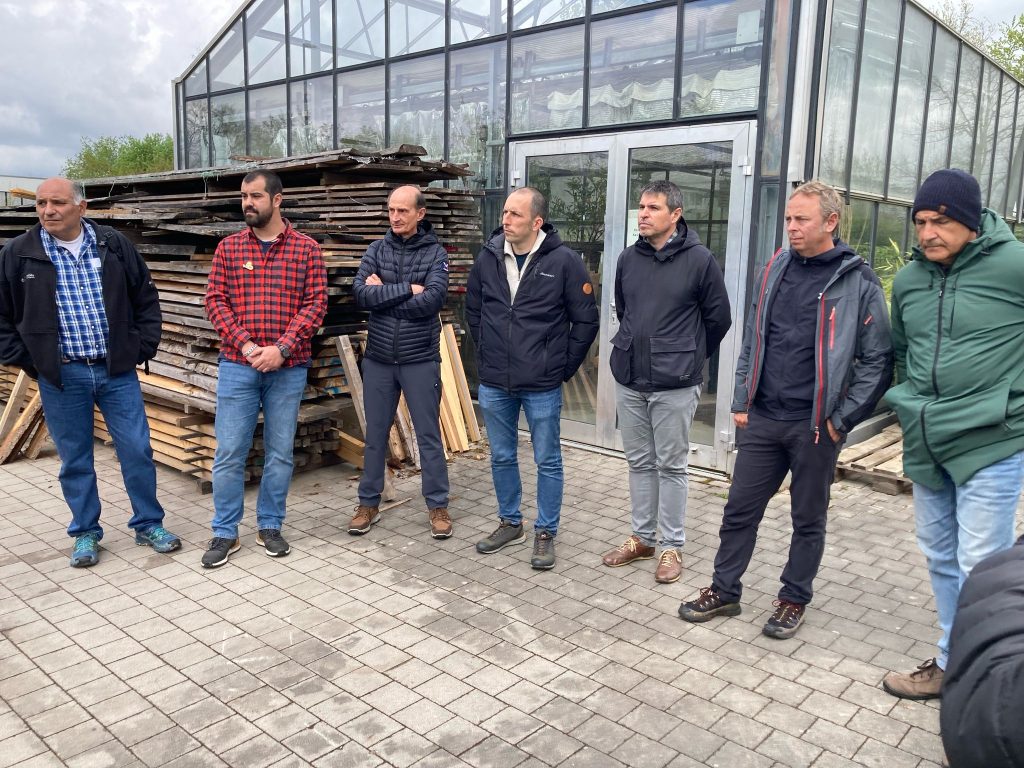
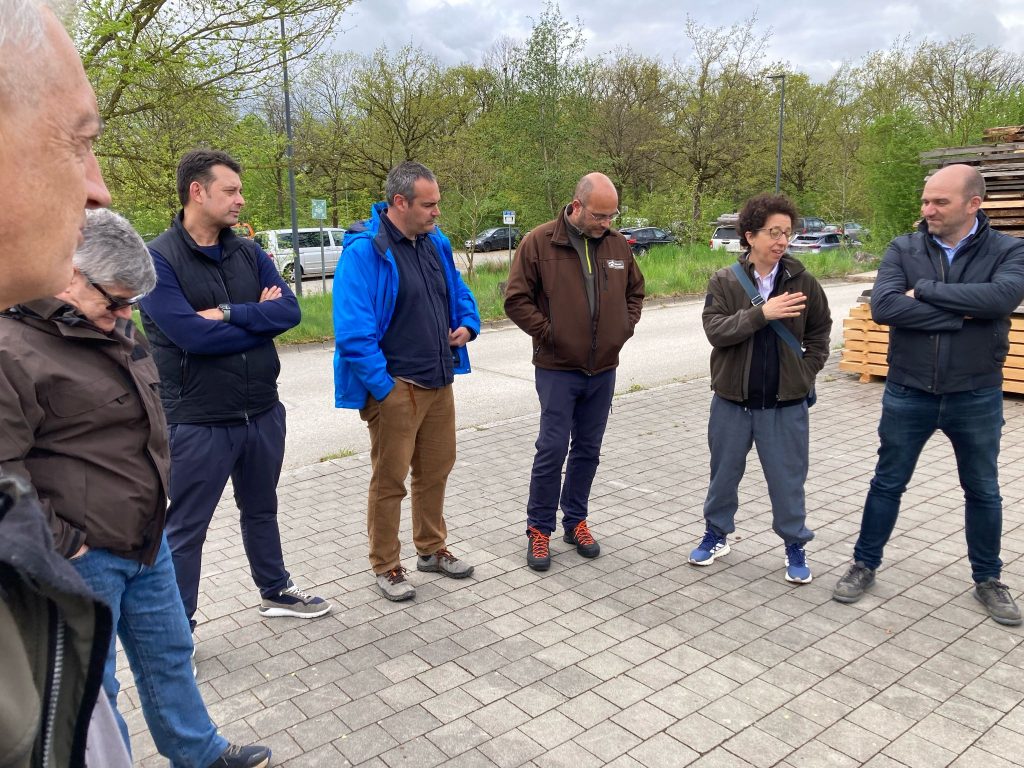
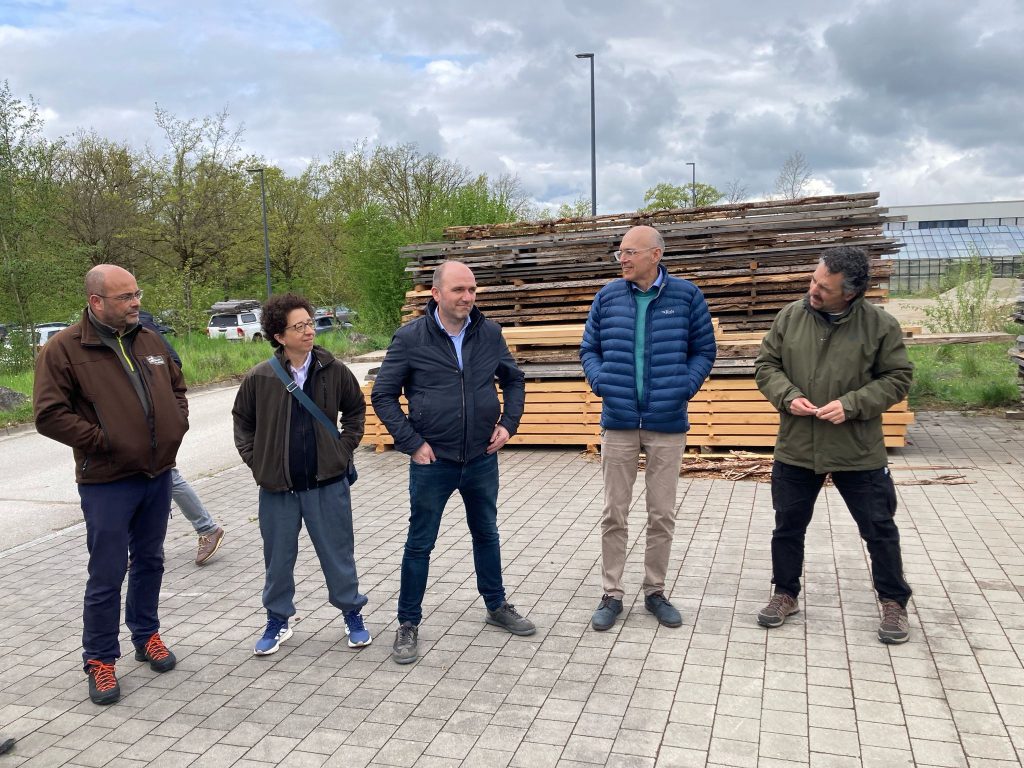
The trip brought together public and private representatives of the timber value chain, including forestry general managers, technicians, technology centres and companies in the sector, from Galicia, Cantabria, Castilla y León, La Rioja and the Basque Country.
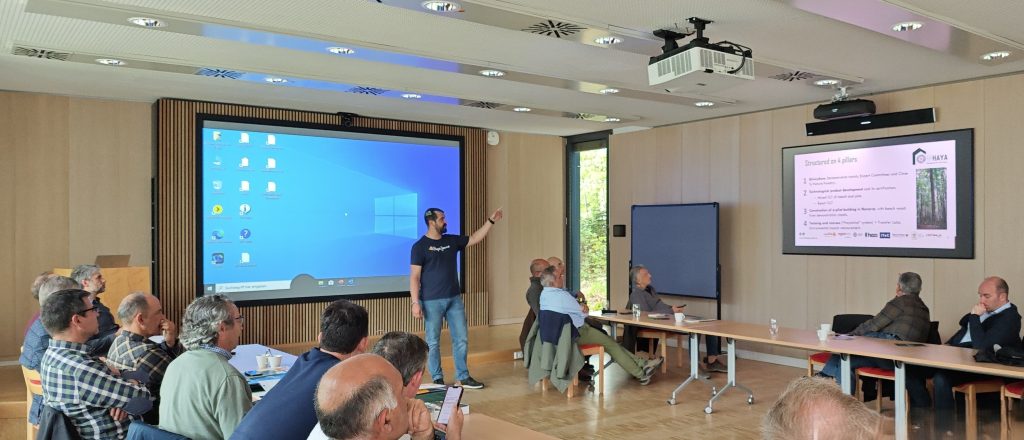
An opportunity to revalorise Spain’s native forests
In the north and northwest of Spain there are millions of hectares of hardwood forests (beech, oak, chestnut) with a low degree of active management. Their potential as a source of quality timber and a driving force for rural development is being promoted by projects such as LIFE HAYA, LIFE REB and Horizon Europe SMURF, with Cesefor as a catalyst for forest innovation.
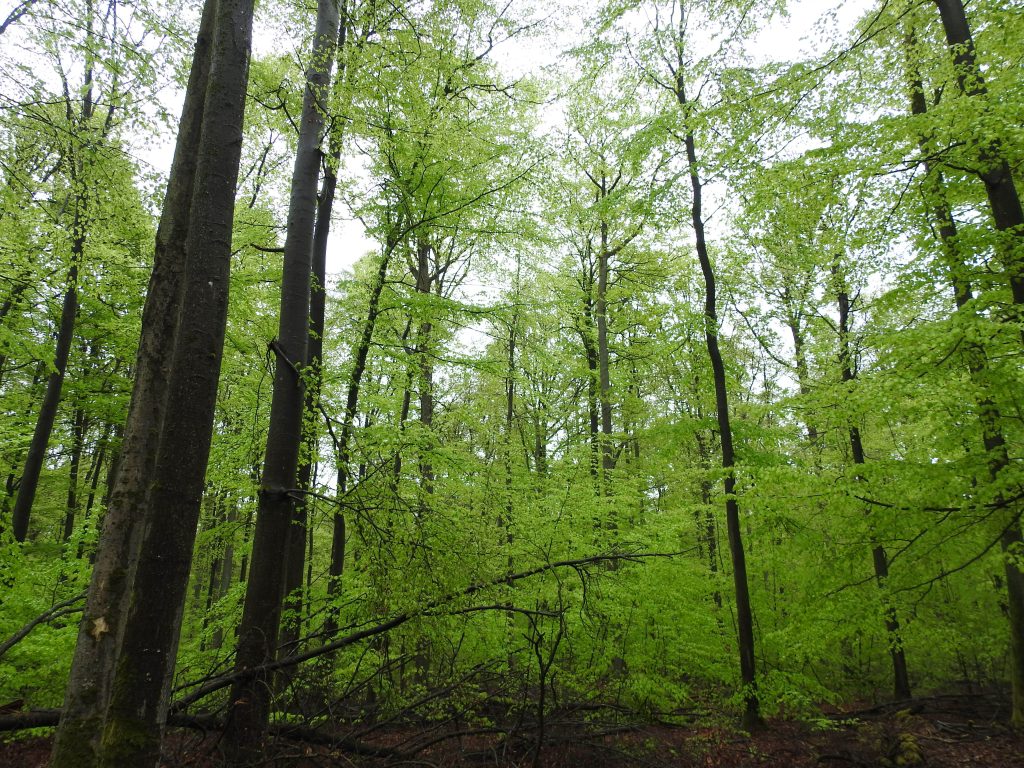
Bavaria, an example of forestry planning and added value
During the trip, the Spanish delegation was able to learn about experiences of adaptive forestry, individualised forest planning and public-private cooperation that have managed to turn small properties into stable suppliers of timber for the local industry.
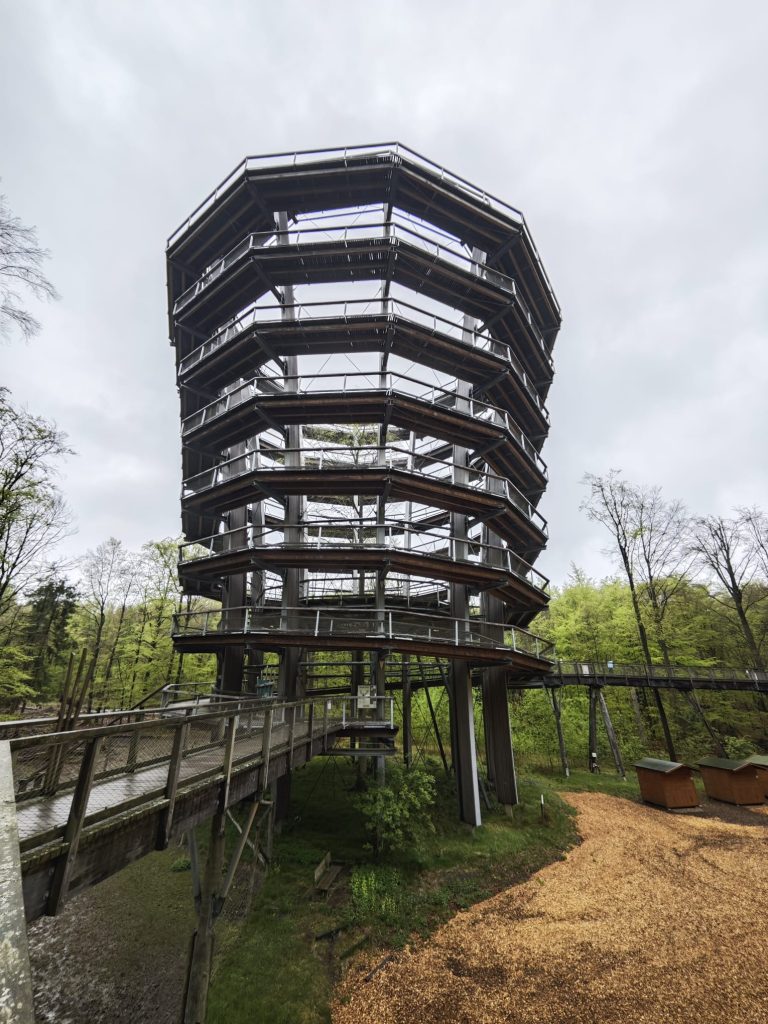
The participants visited sites such as Windischletten, the Steigerwald Nature Park, Forchheim or Oberaurach, where management models such as ‘Pro Silva’ are applied, which promote mixed forest structures, precision pruning and selective marking to promote noble species such as oak and rowan.
From forest to industry: efficient hardwood processing
The last day included a visit to the sawmill Lacker Sägewerk GmbH, which specialises in the flexible processing of European hardwoods, including those affected by pests such as Agrilus biguttatus. Its model combines advanced technology with efficient utilisation, producing products for exteriors and structures, meeting European market standards.
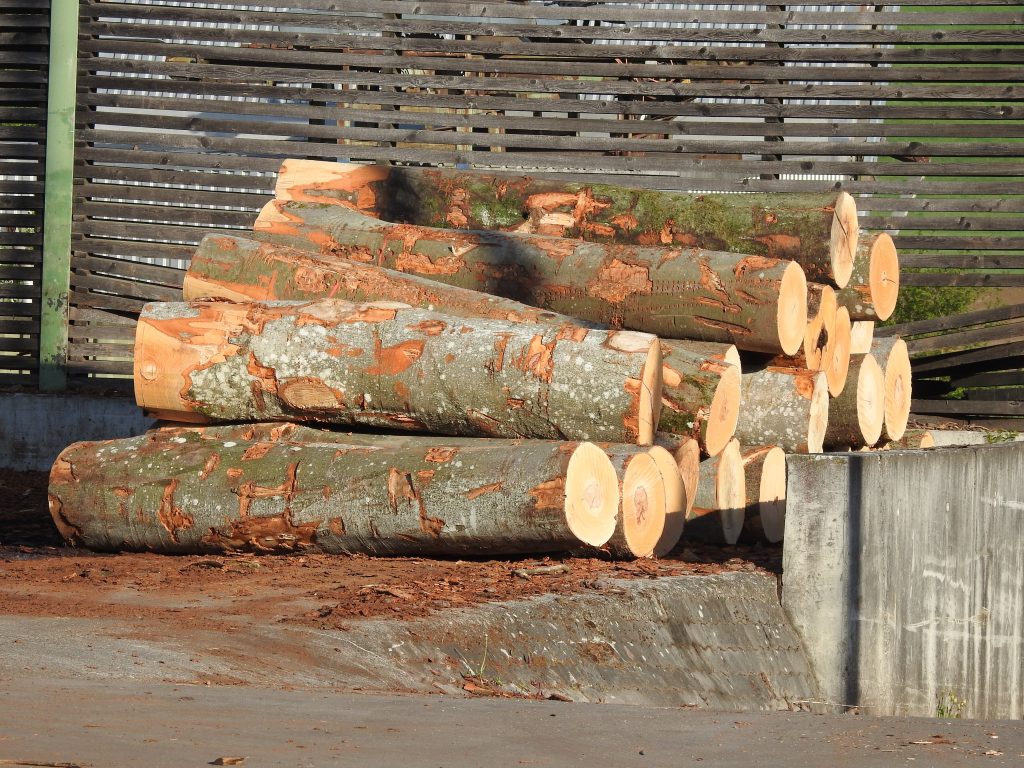
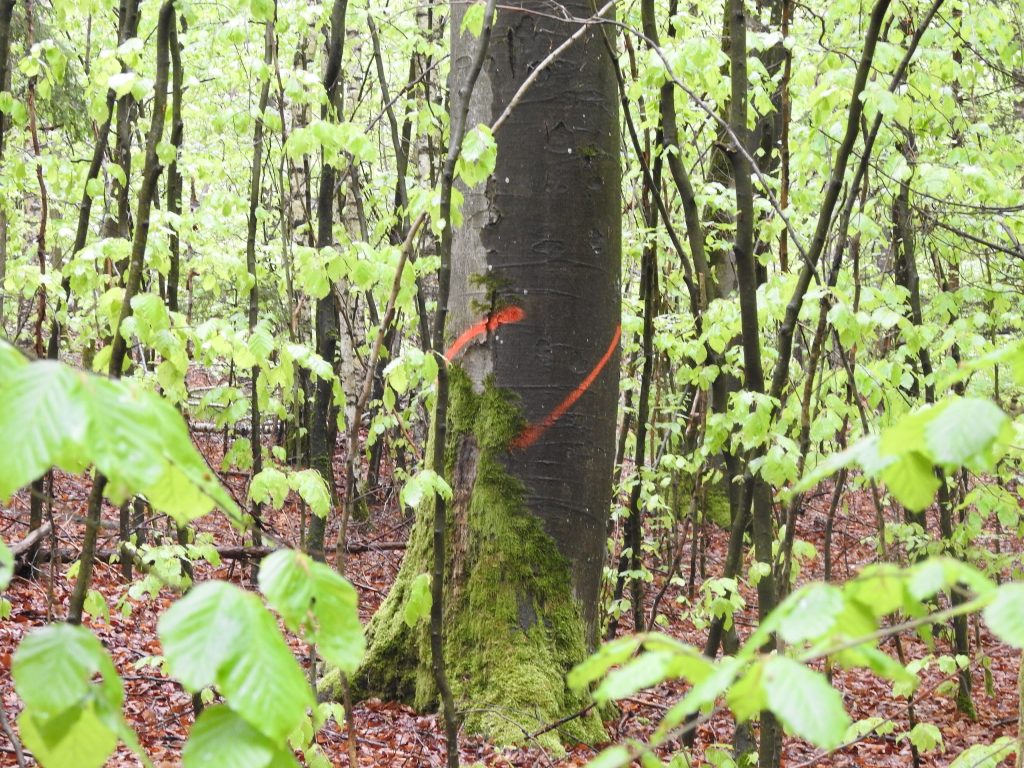
Key lessons for the Spanish forestry sector
This international experience provides valuable lessons that can inspire new strategies in Spain:
- Active forest management from an early age
- Individualised tree- and group-focused silviculture
- Value-creating public-private partnerships
- Continuous technical training and commitment to innovation
- Biodiversity as an economic asset through offsets
LIFE HAYA: promoting forest sustainability
The LIFE HAYA project continues to support the exchange of experiences and the development of solutions adapted to Atlantic hardwood forests, with the aim of boosting their management and valorisation.
